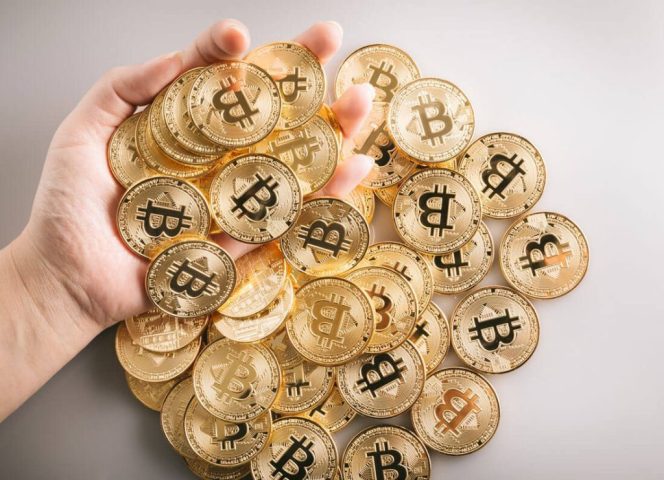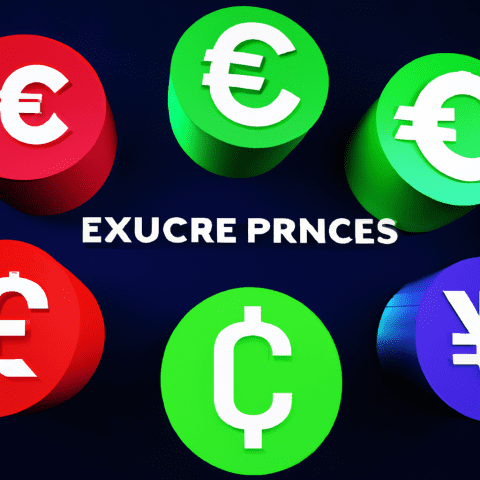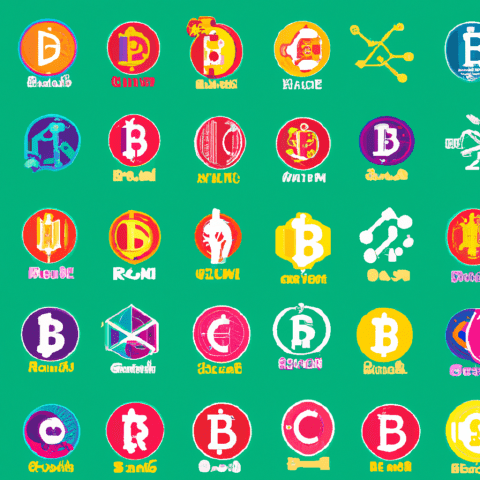In the rapidly evolving world of cryptocurrency trading, crypto exchanges play a vital role in facilitating the buying and selling of digital assets. From centralized platforms to decentralized exchanges (DEXs), there are a variety of options available for traders looking to enter the market. In this article, we will explore the differences between centralized and decentralized exchanges, highlight the top DEXs to consider, provide insights on navigating the crypto swap market, discuss strategies for maximizing liquidity on DEX platforms, and delve into the rising trend of Ethereum and Solana DEX ecosystems. Whether you're a seasoned trader or just dipping your toes into the world of crypto, this comprehensive guide will help you navigate the complex landscape of cryptocurrency exchanges with ease.
1. "Exploring the World of Crypto Exchanges: Understanding the Differences Between Centralized and Decentralized Platforms"
In the world of cryptocurrency trading, there are two main types of platforms where users can buy, sell, and exchange digital assets: centralized exchanges (CEX) and decentralized exchanges (DEX). Centralized exchanges are operated by a central authority and act as intermediaries between buyers and sellers, while decentralized exchanges operate on a peer-to-peer network and allow users to trade directly with one another.
Centralized exchanges are often more user-friendly and offer a wide range of trading pairs and advanced trading features. They also typically have higher liquidity, making it easier for traders to buy and sell assets quickly. Some popular centralized exchanges include Binance, Coinbase, and Kraken.
On the other hand, decentralized exchanges are becoming increasingly popular due to their emphasis on privacy, security, and decentralization. DEXs allow users to retain control of their funds and trade without the need for a central authority. They also offer lower fees and greater anonymity compared to centralized exchanges. Some top DEXs include Uniswap, SushiSwap, and PancakeSwap.
When it comes to liquidity, centralized exchanges generally have higher trading volumes and deeper order books, making it easier for traders to execute large orders without causing significant price fluctuations. However, decentralized exchanges are working to improve their liquidity through mechanisms like automated market makers (AMMs) and liquidity pools.
In terms of specific blockchain networks, there are exchanges and swaps tailored to different cryptocurrencies. For example, Ethereum has a thriving ecosystem of decentralized exchanges and swaps like Uniswap and SushiSwap, while Solana has its own DEXs like Serum and Raydium.
Overall, both centralized and decentralized exchanges have their own advantages and disadvantages, and it ultimately comes down to individual preferences and trading strategies. Whether you're looking for high liquidity and advanced features or value privacy and decentralization, there is a crypto exchange out there to suit your needs.














